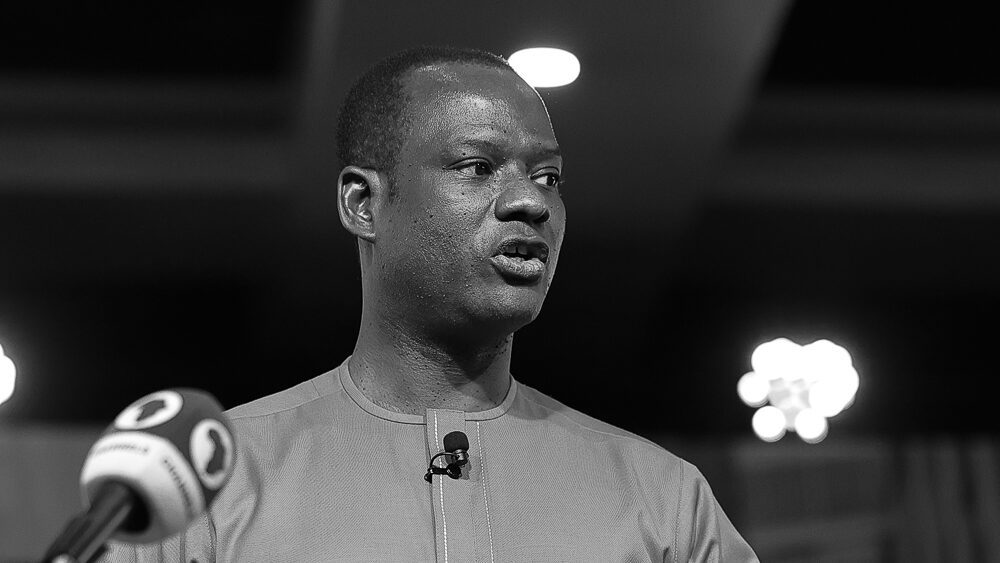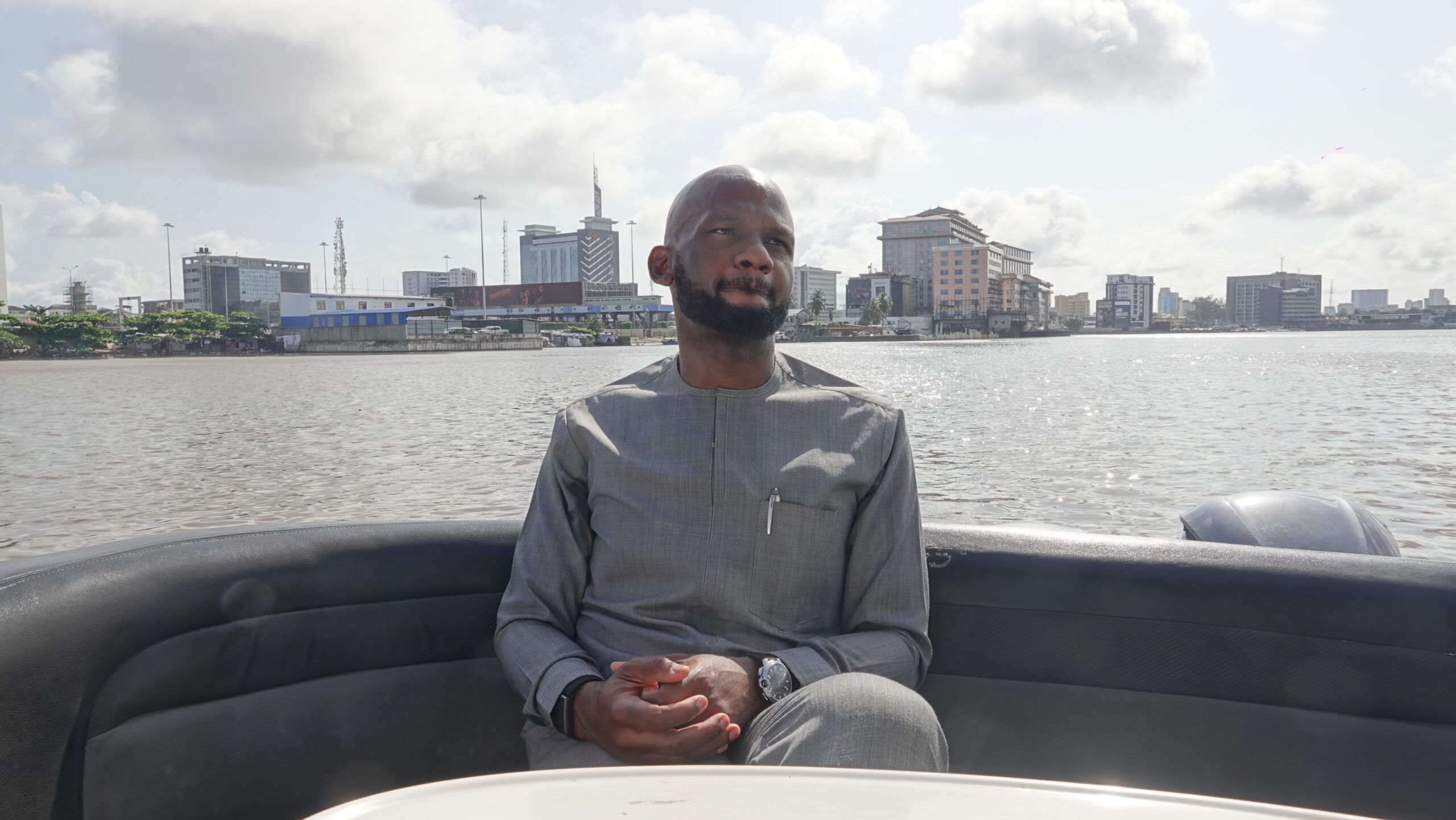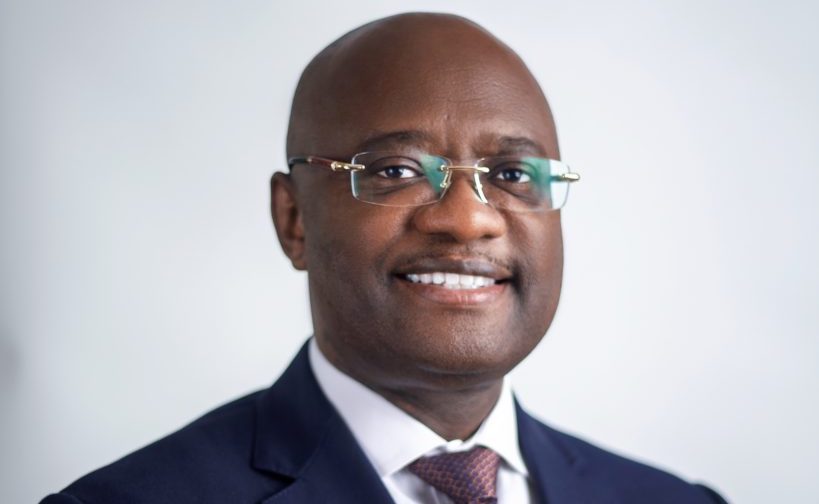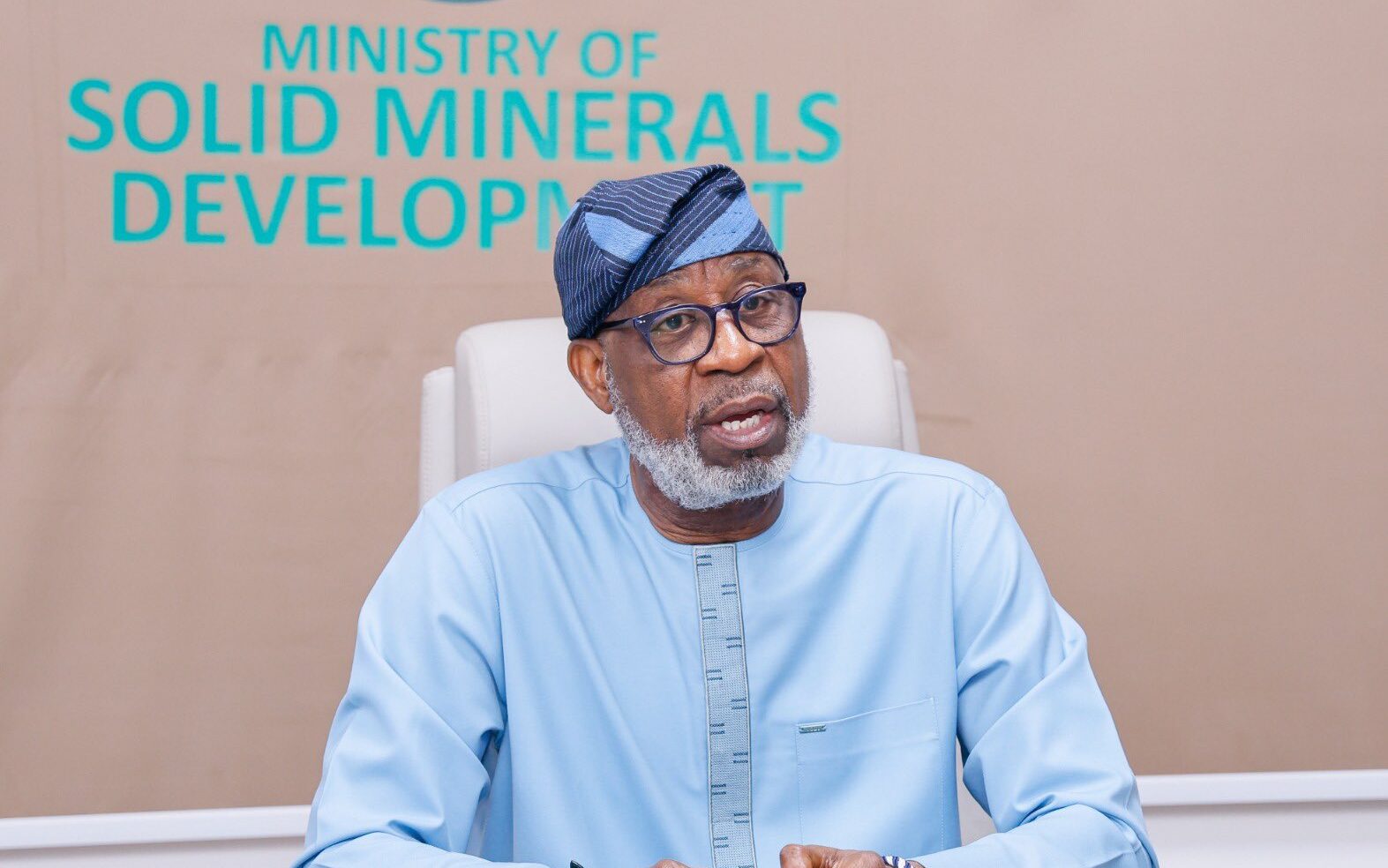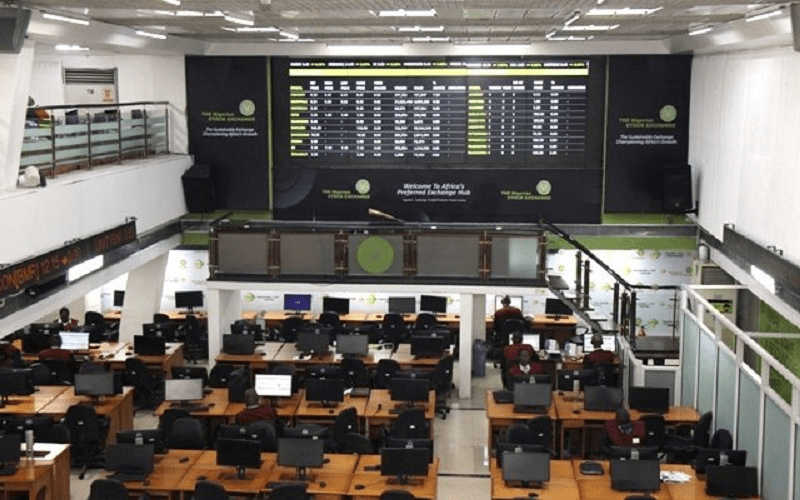OSE OYAMENDAN pays tribute to Victor Osimhen,one of the best strikers in the world
Last Tuesday evening, Nigeria’s World Cup dream was swirling in the odious toilet of mediocrity, ready to be flushed into football oblivion. Then came the hour and up arose the man, Victor Osimhen. By sunset, Osimhen had grabbed Nigeria by the scruff of the neck, lived up to the promise of his name, Victor, and yanked the country back on course for the Mundial. In the process, he redefined the meaning of “headmaster,” scoring two thumping headers and a rocket that sent the Super Eagles soaring again. It’s never easy wearing the green and white of the Super Eagles. Some players make themselves easy targets for criticism, yes. But most simply want to win for Nigeria. To do that, they must perform not only on the pitch but on the quicksand of politics, ego, and intrigue that swirls around Nigerian football. At times, it feels as though many among their 200-plus million compatriots are more eager to see them fail, just for the catharsis of outrage on social media. However, this could be the start of a new era. Osimhen is Nigeria. He embodies everything good about the country. The youthful energy. The resilience. The fighting spirit. That stubborn refusal to stay down, even when life is a ten-ton truck rolling over your chest. On his day, Osimhen is a rare talent. He reminds me of Eric Cantona and Zlatan Ibrahimović – two men who believed the sky was merely a carpet beneath their genius. He may not wear the currently tarnished red of Manchester United like Cantona and Zlatan or the colors of one of Europe’s truly greatest teams yet, but not for lack of talent. Some call him stubborn. I call him gifted. Show me a genius who isn’t stubborn. They say his salary demands are high. But have you seen what players with half his ability earn? He could be in Saudi Arabia right now minting dollars like he’s a national bank but he’s in Turkey showing Europe’s top 4 leagues what they’re missing. Let’s be honest: what unsettles some in Europe isn’t the money. It’s the audacity of a young, Black, talented African man who knows his worth.
I liked Osimhen long before his name was lit in stadium lights. I first saw him at the U-17 World Cup – a kid from the streets of Lagos with a relentless hunger to score. You could tell he had made a silent vow never to return to the hardship of his childhood. He went to Europe chasing a dream, endured the furnace of hardship, and emerged as a champion. When life threw obstacles, he stared them down and said, “bring it on.” Some things can be broken. Victor isn’t one of them. I fell in love with Victor a few months ago in Naples, the city he dragged from football irrelevance to glory. Napoli was a club drifting in mediocrity until this brash, tireless Nigerian led them to their first Serie A title in over two decades, since the days of Diego Maradona.
I’ve always loved Maradona. I interviewed him once, and the magic of that encounter and his persona never really left me. This past summer, I walked up the steep hills of the Spanish Quarter to see Maradona’s mural and pay tribute. It was massive, majestic, almost divine. On my way back down, I realized something was missing. There was no tribute to Osimhen anywhere. No jerseys in stores. Not even memorabilia on street corners. Yes, he’d had a fallout with the club. Yes, he’d moved on to Galatasaray. But this was still his city. When I asked locals about Osimhen, their responses were a cocktail of vile, bitterness, and bruised pride. I was wearing a Nigerian jersey, so no doubt about whose side I was on. It was a beautiful afternoon, and I always love a good argument when I’m in the mood. I found a café in Piazza Municipio with posters of the current Napoli team and, of course, Maradona. I sat down and put Osimhen on the menu. Before long, a debate was simmering. Boys and men pulled up chairs, and for over an hour, the café turned into a football parliament. Spittle flew, voices rose, and language barriers dissolved in the heat of shared passion. I had to remind a translator to interpret properly for an older gentleman choking his latte. As we would say at the Liberty Stadium in the good olden days, this game or argument ended as a “one-one goalless draw”. That was the moment I fell in love with Osimhen. It takes something extraordinary for a football-mad European city to turn so sharply on a Black man who, only yesterday, was their hero. For them to love you that fiercely and resent you just as fiercely when you leave – you have to be great. You have to be a genius. Osimhen may never be Maradona. But when Nigeria steps onto the World Cup stage, don’t be surprised if Naples tries to reclaim him, the prodigal genius they didn’t fully appreciate when they had him.
But let’s not forget the man who put his own neck on the line to give Nigeria this chance: Eric Chelle. When Chelle took the Eagles job, I thought he was suicidal. The team was languishing at the bottom of the table, one-third of the games already gone. It was like a rusty molue chasing a new SUV on Third Mainland Bridge. No time to train. No room for excuses. No chance. I first noticed Chelle at AFCON – sweating, raging, living every kick as Mali’s hopes slipped away. You can’t fake that kind of fire. My only worry was whether he’d survive the scorched-earth politics of Nigerian football. But give the man his flowers. He’s revived the Eagles, given them a fighting chance, and restored belief where despair had taken root. Had he been there from the start, Nigeria might have qualified with games to spare. Now he must drag us through the playoffs, and if he does, he’ll etch his name among our heroes. Like Stephen Keshi before him. And that’s why I like Chelle. I like him because I eternally adore Keshi. I like that he’s Black. I like that he’s African. I like that he isn’t one of those European journeymen who bounce from one African team to another, living off African-baked reputation that can’t get them the lowliest jobs in Europe. Some wished for a Nigerian ex-international in the role. That would be great. But the Super Eagles job is not a training ground.
In my book, which is biased, no one can ever be like Keshi. No one. But, let them be close to Keshi, a man who made his own path, won AFCON for Nigeria as a player, led Togo to a World Cup before Nigeria came calling, then won AFCON because he’s after all the big boss. This may be a new chapter for the Super Eagles. Osimhen is the fire. Chelle is the flint. And somewhere between them lies the faint, flickering promise of greatness.
Oyamendan is a filmmaker based in Los Angeles


